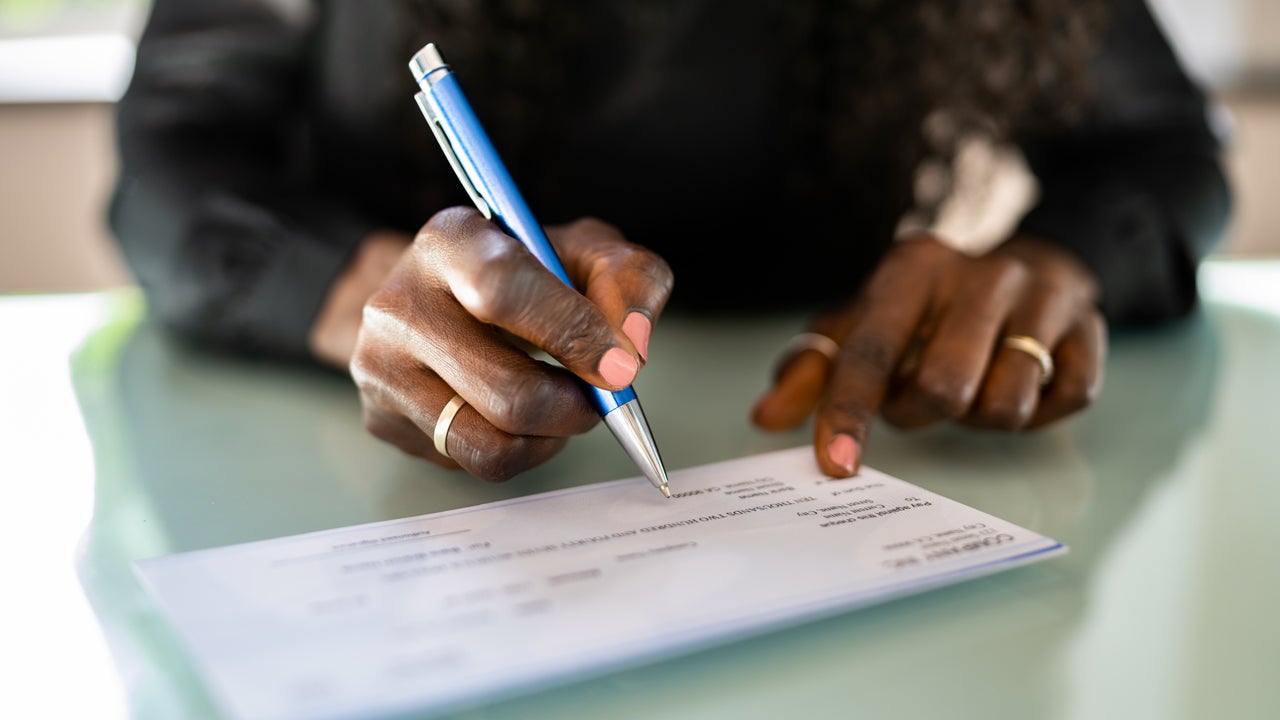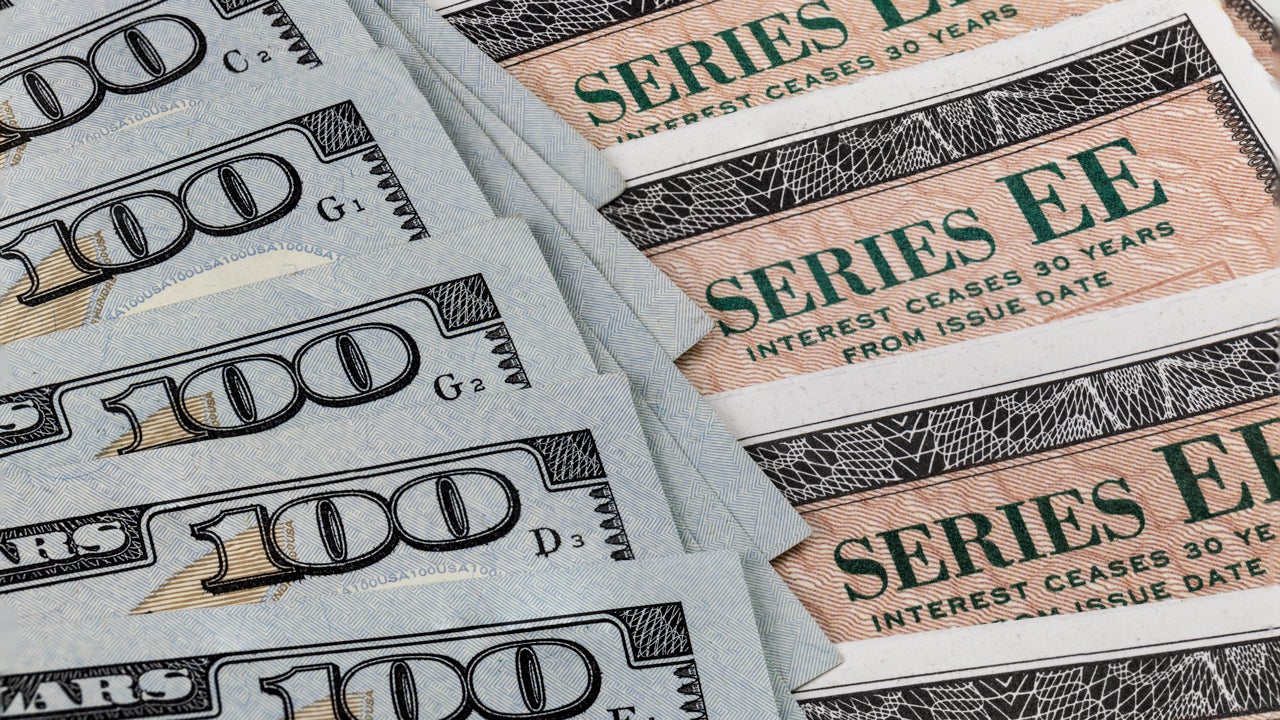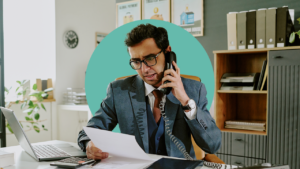Unbanked vs. underbanked: 6 key reasons (and solutions)




Key takeaways
- The unbanked have no relationship with traditional financial institutions, while the underbanked use banks but rely heavily on alternative financial services.
- 4.2% of U.S. households are unbanked and 14.2% are underbanked, according to the FDIC’s 2023 survey.
- High fees, minimum balance requirements and lack of trust are the primary barriers keeping people from traditional banking.
- Simple solutions like second chance banking programs and credit union memberships can help bridge the gap to financial inclusion.
About 19% of American households — roughly 24.6 million people — either have no bank account or struggle to access traditional banking services. This isn’t just a financial inconvenience; it’s a barrier that costs families thousands of dollars annually and limits their ability to build wealth.
Unbanked households have no checking or savings accounts at banks or credit unions, while underbanked households have accounts but rely on alternative financial services like check-cashing or payday loans. Both groups face significant financial challenges, but the solutions differ based on their specific situations.
What does it mean to be unbanked vs. underbanked?
The terms “unbanked” and “underbanked” describe different levels of exclusion from traditional banking services.
Unbanked definition
Unbanked households have no checking or savings accounts at any bank or credit union. According to the latest FDIC survey, 4.2% of U.S. households — approximately 5.6 million people — are completely unbanked.
These individuals manage their finances through alternative methods:
- Prepaid debit cards
- Check-cashing services
- Money orders
- Cash transactions
- Payment apps like PayPal or Venmo (without connected bank accounts)
Underbanked definition
The underbanked definition describes households that have a bank account but used at least one alternative financial service in the past 12 months. This group includes 19 million households who supplement traditional banking with services like:
- Payday loans
- Auto title loans
- Rent-to-own services
- Check-cashing services
Having a bank account doesn’t automatically mean you’re financially included. Many underbanked households turn to alternative services because their bank accounts don’t meet their needs — whether due to low balances, poor credit, or limited banking hours.
6 key reasons why people become unbanked or underbanked
Here’s a look at six common reasons people are unbanked, along with possible solutions for each problem or belief.
1. Minimum balance requirements
About 42% of unbanked households cite insufficient funds to meet minimum balance requirements as their primary barrier to banking.
Traditional banks often require minimum balances of $100 to $500 to avoid monthly maintenance fees of $10 to $15. For households living paycheck to paycheck, these requirements create barriers rather than opportunities.
What you can do: Focus on accounts with no minimum balance requirements or low minimums you can realistically maintain. Many online banks like Ally Bank and Capital One offer fee-free checking with no minimums. Here is Bankrate’s complete list of savings accounts with no minimum deposit requirements.
2. Lack of trust in financial institutions
High-profile banking scandals, aggressive sales tactics and predatory practices have left many Americans skeptical of traditional banks. Around 15 unbanked households cited this as the reason why they were unbanked, according to the FDIC survey. This distrust keeps people trapped in expensive alternative financial services that cost significantly more than traditional banking.
What you can do: Start with institutions that have strong consumer protection track records. Credit unions, which are member-owned, often provide more personalized service and community accountability.
If you experience problems with any bank, the Consumer Financial Protection Bureau (CFPB) provides a complaint system that holds institutions accountable. Banks face real consequences for violating consumer protection regulations.
3. Past financial mistakes
Unpaid overdraft fees, bounced checks or account mismanagement can land you on ChexSystems — a banking background check system that makes opening new accounts nearly impossible. ChexSystems records stay active for five years, effectively banning you from most traditional banks during that time.
What you can do: Look for second-chance banking programs specifically designed for people with banking history issues. The Wells Fargo Clear Access Banking Account and Chime’s no-ChexSystems policy provide pathways back into traditional banking. Community banks and credit unions often have more flexible policies than national banks. Many work directly with nonprofits to provide financial counseling alongside second-chance accounts.
You can check out Bankrate’s guide to clearing your ChexSystems report or second-chance accounts to learn more.
4. Expensive banking fees
Nearly 35% of unbanked consumers avoid banks due to concerns about high fees eating into their limited funds. Ironically, avoiding banks often costs more. Check-cashing services typically charge 2% to 5% of each check, while prepaid debit cards can cost $5 to $10 monthly plus transaction fees.
What you can do: Compare the true cost of banking alternatives versus fee-free bank accounts. A family cashing $2,000 in monthly paychecks pays $480 to $1,200 annually in check-cashing fees alone — enough to cover several years of banking fees, if any.
Look for online banks that compete on low fees rather than branch convenience. These institutions often offer completely fee-free banking to attract customers. Here are Bankrate’s top picks for best free checking accounts.
5. Inconvenient locations and hours
Traditional bank branches often operate during standard business hours when many people are working. For those without reliable transportation or flexible schedules, visiting a bank becomes nearly impossible.
Plus, opening a bank account typically requires specific documentation, including a government-issued photo ID, Social Security number and proof of address. For some immigrants, people experiencing homelessness or those with past banking problems, gathering this documentation can be challenging or impossible.
6. Young adults who rely on digital alternatives
About 62 percent of Gen Z lacks traditional bank accounts, preferring payment apps, digital wallets and prepaid cards that may be more convenient and tech-forward. While these services work for daily transactions, they often don’t provide the foundation for building credit, saving for major goals, or accessing traditional loans needed for cars, homes, or education.
What you can do: Use digital banking as a bridge to traditional financial services rather than a replacement. Many digital banks now offer full FDIC protection with app-based convenience.
Risks of being unbanked or underbanked
The true cost of banking exclusion extends far beyond immediate fees — it creates a cascade of financial disadvantages that compound over time.
- You’ll pay fees for alternative services such as check cashing and prepaid debit cards.
- Bank accounts provide the foundation for credit cards, loans and other credit-building tools. Without banking relationships, building the credit history needed for homeownership, business loans or emergency credit becomes nearly impossible.
- Without bank accounts, you can’t access high-yield savings accounts currently earning up to 4.50 percent APY. A family saving $100 monthly in cash earns nothing, while the same amount in a high-yield account generates $1,200+ annually.
- Cash savings provide no federal protection if lost or stolen, while FDIC-insured bank deposits protect up to $250,000 per account.
How to find the right bank account for your situation
Choose banking solutions based on your specific circumstances rather than accepting whatever’s most convenient. Here’s a decision framework:
- If you have banking history issues: Check your ChexSystems report for accuracy and consider second-chance bank accounts or credit unions. You’ll need to start with a basic account to build up your profile.
- If you’re concerned about fees: Calculate your current alternative banking costs and focus on finding no-minimum, no-fee account options. Consider online banks with lower overhead costs.
- If you’re young or tech-forward: Look for digital banks with full FDIC protection and mobile-first banks that match your preferences.
- If you have limited income: Prioritize accounts with no minimum balance requirements. Consider online banks or credit unions.
Bottom line
Banking exclusion isn’t a personal failing — it’s often the result of systemic barriers that can be overcome with the right approach and resources. The key is finding financial institutions that prioritize accessibility rather than just trying to work within systems designed to exclude you.
Start with one basic account that meets your immediate needs, then gradually build toward more comprehensive banking relationships as your comfort and financial situation improve.
Why we ask for feedback Your feedback helps us improve our content and services. It takes less than a minute to complete.
Your responses are anonymous and will only be used for improving our website.




